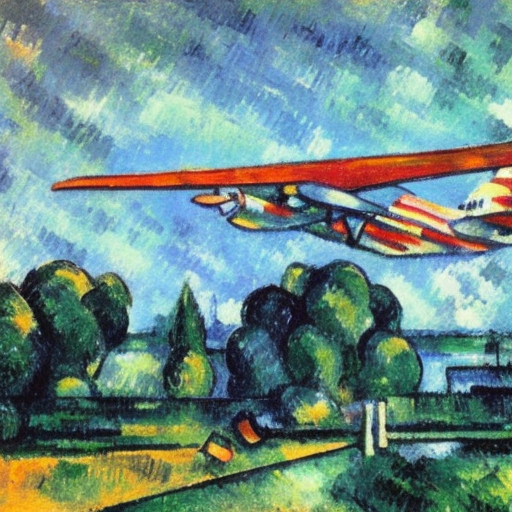Friction, writing, and timing

It is easier to keep writing than it is to start writing. Productive writers plan accordingly.
Why is it easier to keep writing?
Even if you don’t study physics, you’ve probably seen that if you try to move something heavy, like a car, it’s easier to keep something moving than it is to start something moving. To move a stationary object, you must overcome static friction. But once it is moving, you must only overcome kinetic friction, which is much less.
The same happens when writing. To start writing, you need to clear away distractions, collect your tools and research, start your writing application, and take stock of the context of what you are about to write. Often, you’ll have a few false starts as you begin to type.
Eventually you’ll get in a groove and enter a flow state. The words come pouring out easily. If it takes you fifteen minutes to write the first paragraph, you might write two pages in the next hour.
What this means for your planning
If you write in stolen half-hour chunks of time here and there, you’ll write far less. You’ll spend much of your time recalling what you were thinking about when you finished the last bit of writing, rather than adding to it.
If you know this, it changes how you plan to write.
In smaller gaps in your day, do tasks that don’t require flow, such as answering email, researching, and planning your fat outline.
Block off larger segments of an hour or more for actual writing. Block off that time when you are a the most productive as a writer — morning, afternoon, evening, weekends, or whenever you’ve found you can write with the greatest sense of flow and the fewest distractions.
Writers who plan this way get more written in less total time and write better quality prose.
Serious writers block off time. If you’re wondering why you’re not more productive, perhaps you haven’t given yourself enough runway to really get going.